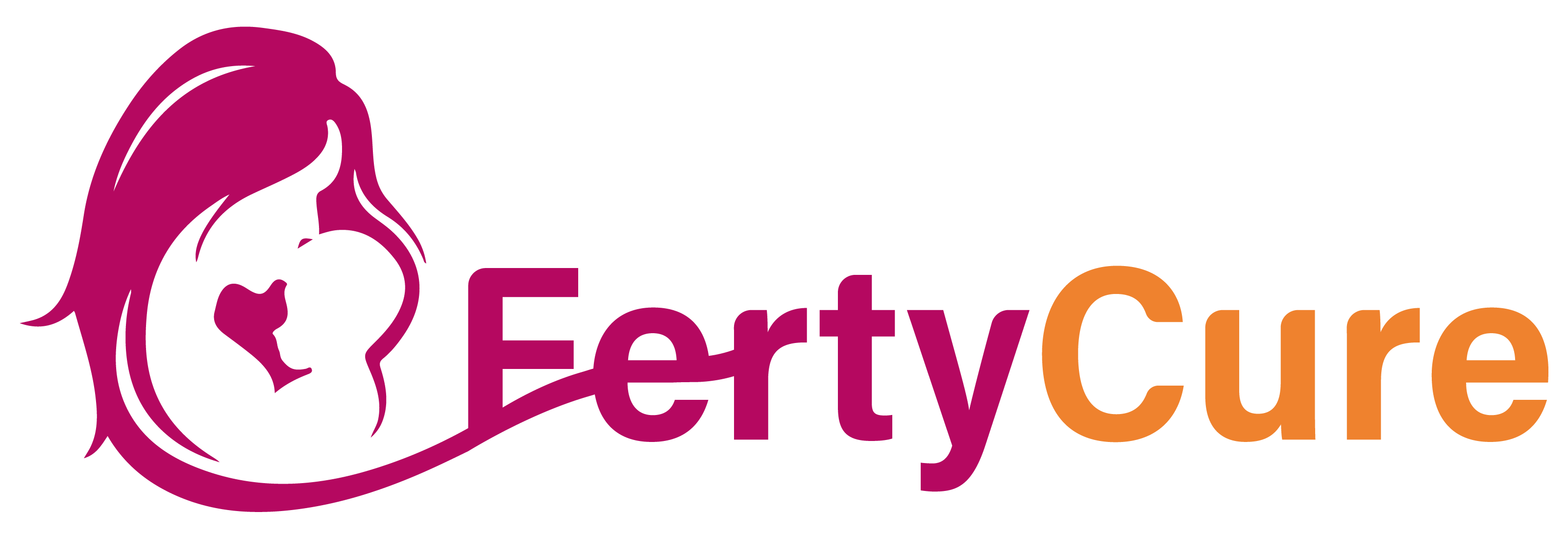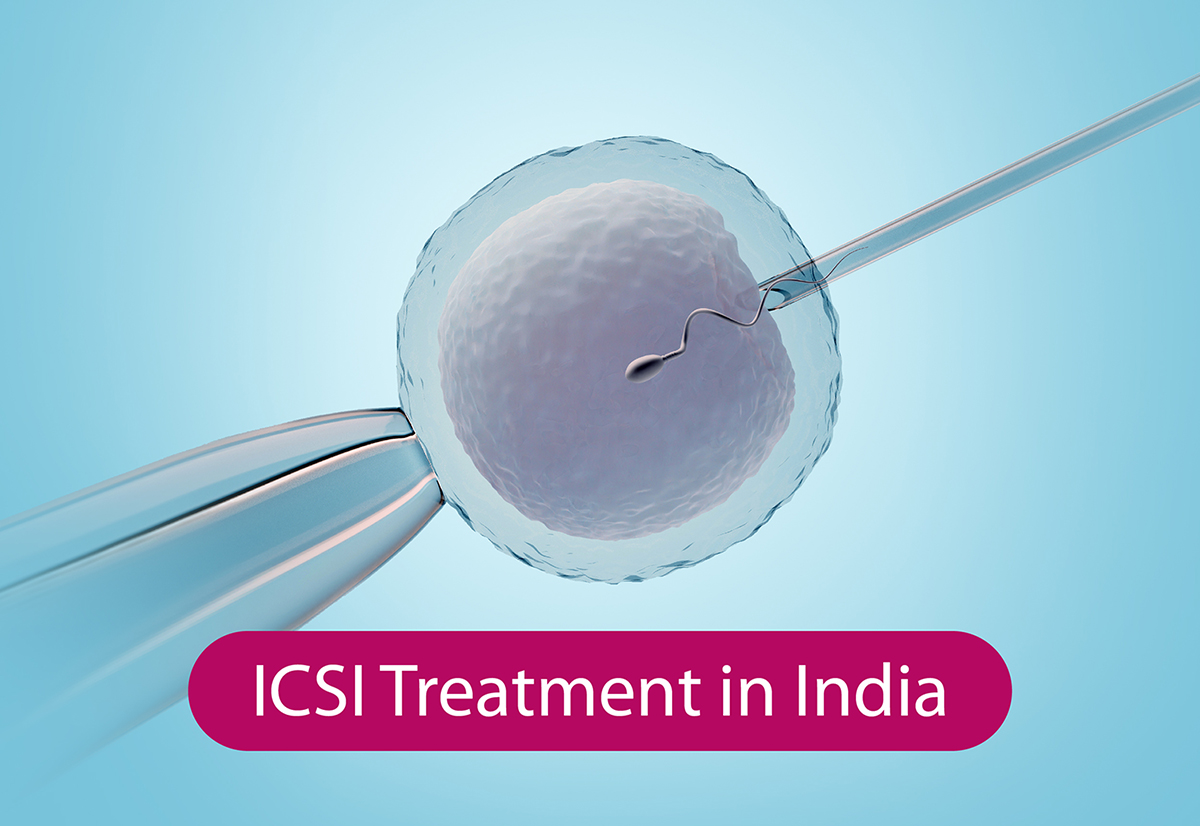Table of Contents
ICSI treatment in Delhi, India
ICSI Treatment in India is a specialized form of In Vitro Fertilization (IVF). It is highly effective for treating male infertility. India has become a global hub for ICSI treatment due to advanced medical facilities, skilled professionals, and affordable care. This guide will help you understand the ICSI process, its benefits, and why choosing an ICSI treatment centre in India is a great option.
Must Read: Best IVF treatment in India
Understanding ICSI Treatment
ICSI includes the injection of a single sperm into an egg to complete fertilization. This method is beneficial for couples facing severe male infertility issues like low sperm count, poor sperm motility, or abnormal sperm morphology. By bypassing natural fertilization barriers, ICSI increases the chances of successful conception.
Why Choose India for ICSI Treatment?
- Advanced Technology and Expertise: Indian fertility clinics have state-of-the-art technology and highly trained fertility specialists. They adhere to international standards, ensuring top-notch care.
- Affordability: The cost of ICSI in India is significantly lower than in Western countries, without compromising on quality.
- High Success Rates: Indian fertility clinics have impressive success rates for ICSI treatment.
- Comprehensive Care: Clinics in India provide personalized care from initial consultation to post-treatment follow-ups.
Process of ICSI Treatment in India:
- Initial Consultation and Assessment: The process starts with a thorough evaluation of both partners. This process includes medical history, physical examinations, and diagnostic tests.
- Ovarian Stimulation: The female partner receives hormonal treatment to stimulate the ovaries to produce multiple eggs, increasing the chances of retrieving viable eggs.
- Egg Retrieval: Mature eggs are collected from the ovaries through a minor surgical procedure called follicular aspiration, performed under ultrasound guidance and anesthesia.
- Sperm Collection and Preparation: The male partner provides a semen sample, which is processed to isolate the healthiest and most motile sperm.
- ICSI Procedure: A single sperm is injected directly into each mature egg using a fine micro-needle, under a high-powered microscope.
- Embryo Culture and Transfer: The fertilized eggs, now embryos, are cultured in a laboratory for a few days. The best-quality embryos are selected and transferred into the female partner’s uterus.
- Pregnancy Test: After the two weeks of the embryo transfer, a blood test is conducted to determine if pregnancy has been achieved.
Benefits of ICSI Treatment in India
- Overcomes Severe Male Infertility: ICSI can help couples achieve pregnancy even when the male partner has a very low sperm count or poor sperm quality.
- High Fertilization Rates: By directly injecting a sperm into an egg, ICSI significantly increases the chances of fertilization compared to traditional IVF.
- Success with Previous IVF Failures: Couples who have not succeeded with conventional IVF may find better results with ICSI.
- Minimizes Genetic Risks: Advanced techniques like Preimplantation Genetic Testing (PGT) can be combined with ICSI to screen for genetic abnormalities, reducing the risk of passing on genetic disorders.
Choosing the Right ICSI Treatment Centre in India
Selecting the right clinic is crucial for successful ICSI treatment. Consider the following factors:
- Reputation and Success Rates: Research the clinic’s reputation and success rates for ICSI treatments. Testimonials or reviews from patients can provide valuable insights.
- Experienced Specialists: Ensure the clinic has a team of experienced fertility specialists, embryologists, and support staff.
- Advanced Facilities: Look for clinics equipped with advanced technology and facilities for ICSI.
- Personalized Care: Choose a clinic that offers personalized treatment plans tailored to your specific needs and circumstances.
- Transparent Pricing: The clinic should provide a clear breakdown of the costs involved, including any additional expenses that may arise during treatment.
Cost of ICSI Treatment
The cost of ICSI treatment in India varies depending on the clinic, location, and individual case complexity. It is significantly more affordable compared to many Western countries, making India a cost-effective choice for high-quality fertility treatments.
Risks Involved in ICSI Treatment
Although ICSI is generally safe, it does come with some risks. These include potential damage to the egg during injection and a slightly increased risk of genetic abnormalities. Consulting with a skilled fertility specialist can help mitigate these risks.
Who Needs ICSI Treatment
ICSI is recommended for couples facing severe male infertility issues such as very low sperm count, poor sperm motility, or abnormal sperm morphology. It is also beneficial for couples who have experienced previous IVF failures or have unexplained infertility.
Success Rate of ICSI Treatment
The success rate of ICSI treatment is generally high, especially when compared to traditional IVF. Factors influencing success include the age of the female partner, the quality of eggs and sperm, and the specific clinic’s expertise and facilities.
Legal and Ethical Considerations
India has implemented regulations to ensure ethical practices in fertility treatments. The Assisted Reproductive Technology (Regulation) Act, 2021, provides a framework for the operation of IVF clinics and protects the rights of patients and donors.
Conclusion
ICSI treatment in India offers hope to countless couples struggling with infertility, particularly those facing severe male infertility issues. With advanced technology, experienced specialists, and affordable care, Indian fertility clinics provide an excellent opportunity for achieving successful pregnancies. By choosing the right ICSI treatment centre in India, couples can embark on their journey towards parenthood with confidence and optimism.
Ques: What is the difference between ICSI and IVF?
A: Both ICSI and IVF involve fertilizing an egg outside the body. In traditional IVF, eggs and sperm are mixed in a petri dish. This allows the fertilization to occur naturally. In Intracytoplasmic Sperm Injection, a single sperm is directly injected into an egg, making it a more targeted approach, especially beneficial for severe male infertility cases.
Ques: How much does ICSI treatment cost in India?
A: The cost of Intracytoplasmic Sperm Injection treatment in India is influenced by various factors, including the clinic’s reputation, the experience of the specialists, the location of the clinic, the complexity of the case, and any additional treatments required.
Ques: Is ICSI treatment in India safe?
A: Yes, ICSI treatment is generally safe and has been used successfully for many years. However, like any medical procedure, it carries some risks, such as potential damage to the egg during injection and a slightly increased risk of genetic abnormalities. Consulting with a skilled fertility specialist can help mitigate these risks.

